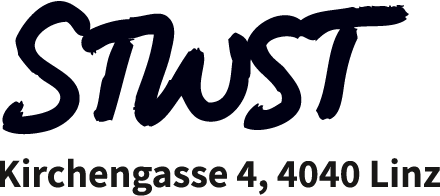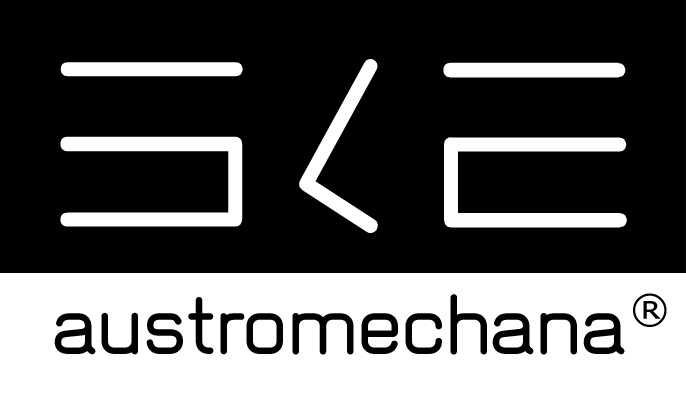Driven by synths, voice, electrosmog, radical glitches, media memories and techno frenetic soundscapes, this year’s nightline looks into sociopolitical relations between body, space and technology from the perspective of gender, trans-hack feminisms and free software.
Along 3 evenings, the AMRO nightline hosts audiovisual and performative expressions in the form of improvisation sets, listening sessions, lecture-performance, solo and collective entanglements that unfold in an algorave and open dance floor.
According to the rest of the festival program, the proposals showcased at AMRO ***nightline*** are based on Free/Libre Open Source Software, grounded on the practice of building independent, alternative, community-based technologies.
Alternatively, the AMRO program features a series of workshops around these technologies and approaches.
Błażej Kotowski
Błażej Kotowski is a researcher and a sound artist, pursuing his PhD at Universidad Pompeu Fabra in Barcelona where he specialises in the intersection of sound and artificial intelligence. Kotowski’s work, through speculative practices, explores the epistemic implications and the transformative potential of predictive technologies. With special focus on the notion of cyber sublime, in his diverse endeavours he examines the evocative nature of sound, pushing boundaries and challenging traditional notions of sonic experiences.
Tamara Wilhelm
After her studies, she came across the field of DIY electronics. Since then she has been exploring the sonic range of simple oscillators based on the misuse of ordinary electronic components. Her work focuses on abstraction, rhythmic structures, strategies for improvised music, collective compositions and the interaction of electronics with acoustic instruments and voice.
Philip Leitner
Philip Leitner works on the themes of randomness, space and intervention, the fortress europe and technopolitics.
Leitner has been operating autonomous server infrastructure for more than 20 years and is a hacker, developer, media activist and musician.
Rémi Georges
Rémi Georges is a sound artist, computer music designer and sound engineer based in Lyon. In his musical works, he combines old and new technologies to create customized bespoke tools, installations and compositions. He performs as a live coding artist under the pseudonym Ralt144MI. He is a keen explorer of the sound/image relationship and also performs in the Glitch Art, DemoScene and Circuit-Bending musical scenes. His work is always mindful of the need to support free and open source technologies.
Valentina Vuksic
Valentina Vuksic works from within the radiation of the computational. She is improvising with the electrosmog of code, collecting and streaming sonic recordings of electricity and reading the unwanted side-effects of technology-based experimentation as intrinsic to the core of contemporary digital technologies.
Timo Hoogland
Timo Hoogland is an artist, music technologist and educator from the Netherlands. He livecodes electronic music and develops generative audiovisual compositions and installations. He teaches at the University of the Arts Utrecht.
Lina Bautista
Lina Bautista (aka Linalab) is a musician, artist, educator and developer who combines modular synths, DIY electronics and computers to make music and engage audiences in the tech of sound. She is part of Toplap Bcn and Axolot and teaches at several universities in Barcelona.
Sule
Visual artist who throughout her work has been interested in the exploration of the archive, female roles and public space as artistic research. For this she has used tools such as video, performance, photography, programming and writing, finding in these possibilities to delve plastically in those concerns that have questioned her. Since 2022 she belongs to Toplab and the collective „vestidas y alborotadas“, starting her incursion in music and visuals through the code.
The Nightline of Art Meets Radical Openness 2024 is curated by Gabriela Gordillo


